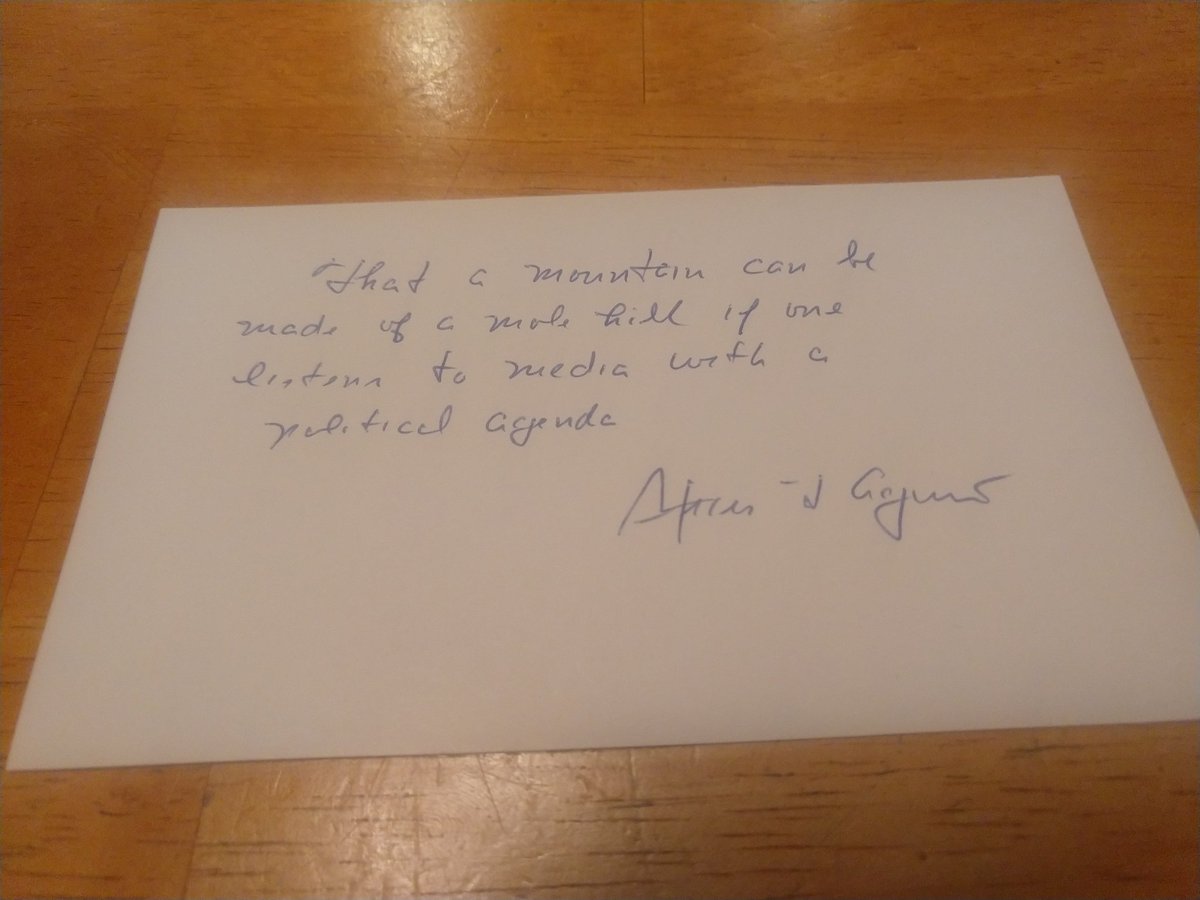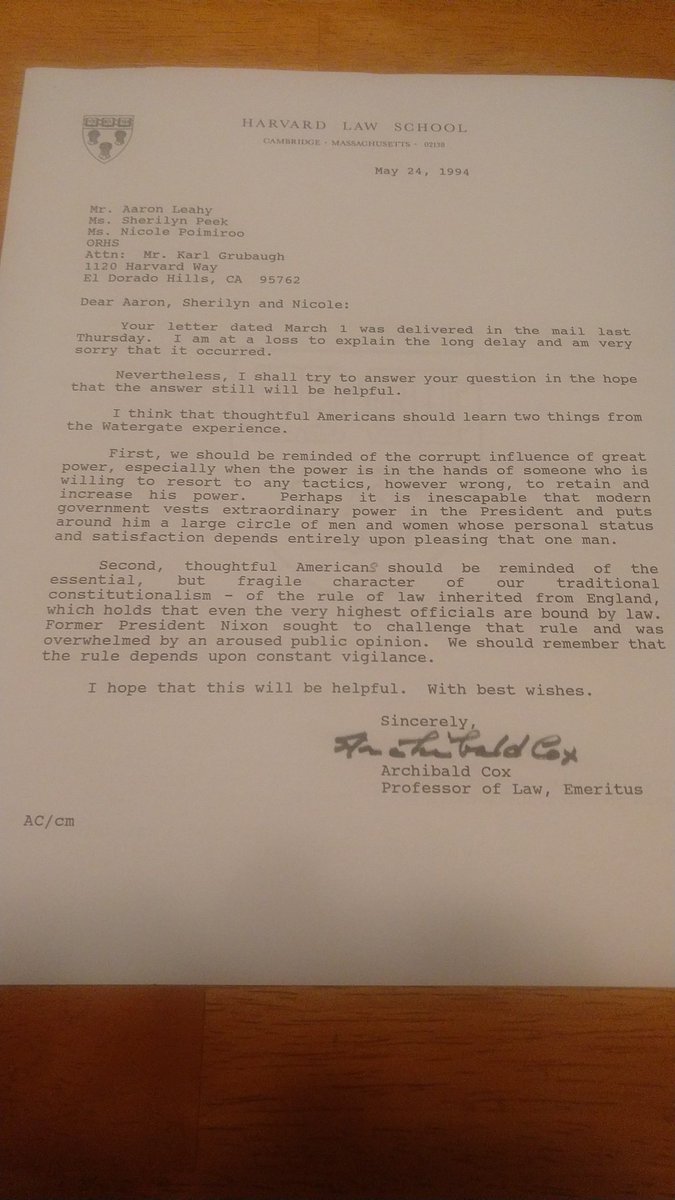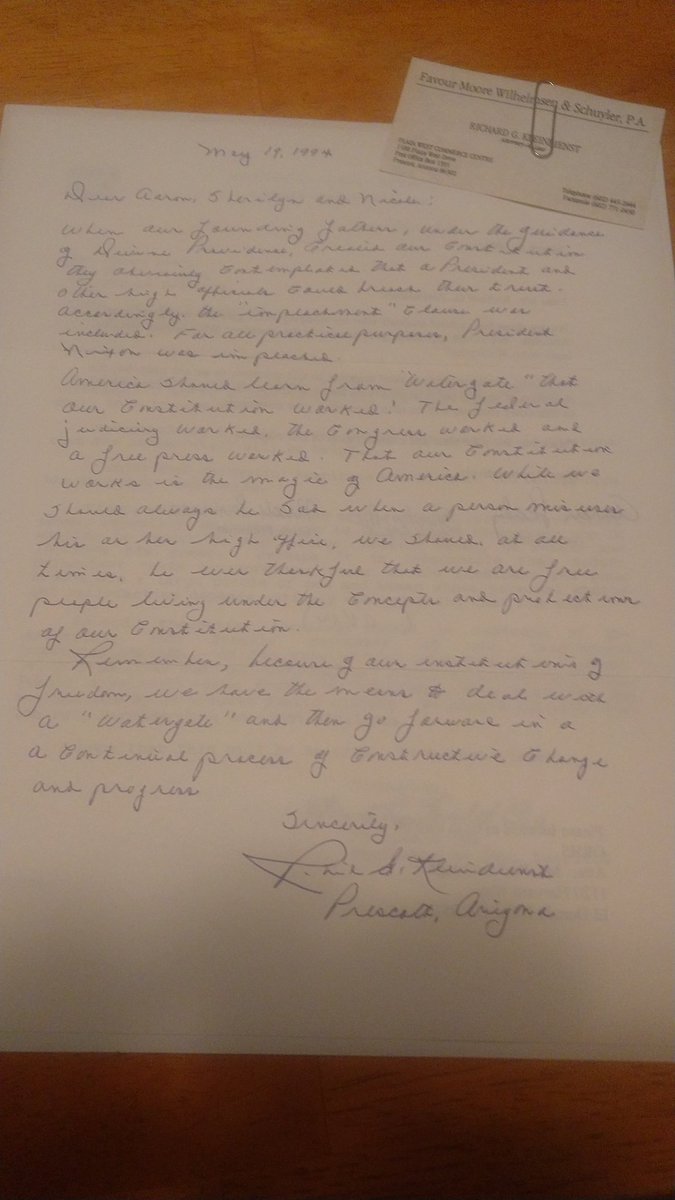Typically excellent piece from @dsquareddigest The exponential insight is especially neat. Think of it a little like fishing...today you can’t export oysters to the EU (because you simply aren’t allowed to), tomorrow you don’t have a fish exporting business (to the EU).
London's status as a financial centre isn't as secure as some might think | Dan Davies https://t.co/q9SU7ra4oF
— The Guardian (@guardian) February 13, 2021
I refer you to Brexit. But kidding aside, the balance between economic optimality and, to coin a phrase, taking back control is not at all straightforward.
I refer you to the financial crisis.
🤣🤣🤣🤣🤣🤣🤣🤣🤣🤣🤣🤣🤣🤣🤣🤣🤣🤣🤣🤣🤣🤣🤣🤣🤣🤣🤣🤣🤣🤣🤣🤣🤣🤣🤣🤣🤣🤣🤣🤣🤣🤣🤣🤣🤣🤣🤣🤣🤣🤣🤣🤣
Well. Maybe. London has a v substantial scale / incumbency advantage. But ofc (as Dan points out) that does not mean that those new opportunities will necessarily arise in London.
More from Yet Another Columnist
I tend to agree with this - of course many things can still go wrong...but (certainly on the UK side) as the list of outstanding issues decreases and as the cost of no deal becomes more apparent deal momentum will increase.
I find it most amusing that people invest so much value in public statements, briefings, tabloid headlines, the tweets of obscure backbenchers etc. Cherchez les fundamentals!
There is a deep vein of analytical pessimism in one particular direction, which, whether correct or not, is noteworthy. On the one hand, a firm belief in the fundamentals - gravity exists - but on the other hand those fundamentals are not meaningful to the final decision.
But gravity does exist! Whether one likes it or not. We do not have wings. Or feathers. And the realisation of the fundamentals will impact the political calculation (though timing differences may apply).
You don’t have to invest any particular optimism or see any virtue in the principal players to make this point.
Still, he's taken a very big step back now. The cliff risk was today; both sides were so close to the edge they could easily have gone over it. The fact @10DowningStreet didn't means Govt must genuinely believe there's now a landing zone that works, & which it can sell ENDS
— Mujtaba Rahman (@Mij_Europe) December 13, 2020
I find it most amusing that people invest so much value in public statements, briefings, tabloid headlines, the tweets of obscure backbenchers etc. Cherchez les fundamentals!
There is a deep vein of analytical pessimism in one particular direction, which, whether correct or not, is noteworthy. On the one hand, a firm belief in the fundamentals - gravity exists - but on the other hand those fundamentals are not meaningful to the final decision.
But gravity does exist! Whether one likes it or not. We do not have wings. Or feathers. And the realisation of the fundamentals will impact the political calculation (though timing differences may apply).
You don’t have to invest any particular optimism or see any virtue in the principal players to make this point.
A quote from this excellent piece, neatly summarising a core impact of Brexit.
The Commission’s view, according to several sources, is that Brexit means existing distribution networks and supply chains are now defunct and will have to be replaced by other systems.
Of course, this was never written on the side of a bus. And never acknowledged by government. Everything was meant to be broadly fine apart from the inevitable teething problems.
It was, however, visible from space to balanced observers. You did not have to be a trade specialist to understand that replacing the Single Market with a third country trade arrangement meant the end of many if not all of the complex arrangements optimised for the former.
In the absence of substantive mitigations, the Brexit winners are those who subscribe to some woolly notion of ‘sovereignty’ and those who did not like freedom of movement. The losers are everyone else.
But, of course, that’s not good enough. For understandable reasons Brexit was sold as a benefit not a cost. The trading benefits of freedom would far outweigh the costs. Divergence would benefit all.
The Commission’s view, according to several sources, is that Brexit means existing distribution networks and supply chains are now defunct and will have to be replaced by other systems.
Brexit reality bites: The new dawn of trade friction via @RTENews https://t.co/p6VdlhZUAN
— Tony Connelly (@tconnellyRTE) January 9, 2021
Of course, this was never written on the side of a bus. And never acknowledged by government. Everything was meant to be broadly fine apart from the inevitable teething problems.
It was, however, visible from space to balanced observers. You did not have to be a trade specialist to understand that replacing the Single Market with a third country trade arrangement meant the end of many if not all of the complex arrangements optimised for the former.
In the absence of substantive mitigations, the Brexit winners are those who subscribe to some woolly notion of ‘sovereignty’ and those who did not like freedom of movement. The losers are everyone else.
But, of course, that’s not good enough. For understandable reasons Brexit was sold as a benefit not a cost. The trading benefits of freedom would far outweigh the costs. Divergence would benefit all.
More from Government
Remember the government wanting to "follow the science"? It is remarkable how far it is ignoring scientific advice on this new ultra-infectious variant of #Covid-19 by keeping schools open... both SAGE and @imperialcollege issuing warnings on school closures. Stay with me. /1
First the @imperialcollege paper, which finds that the new variant is still being ultra-infectious despite November lockdowns - link here, but cases of new variant trebled in SEast, even under lockdown /2
https://t.co/fdvuVX3OkW
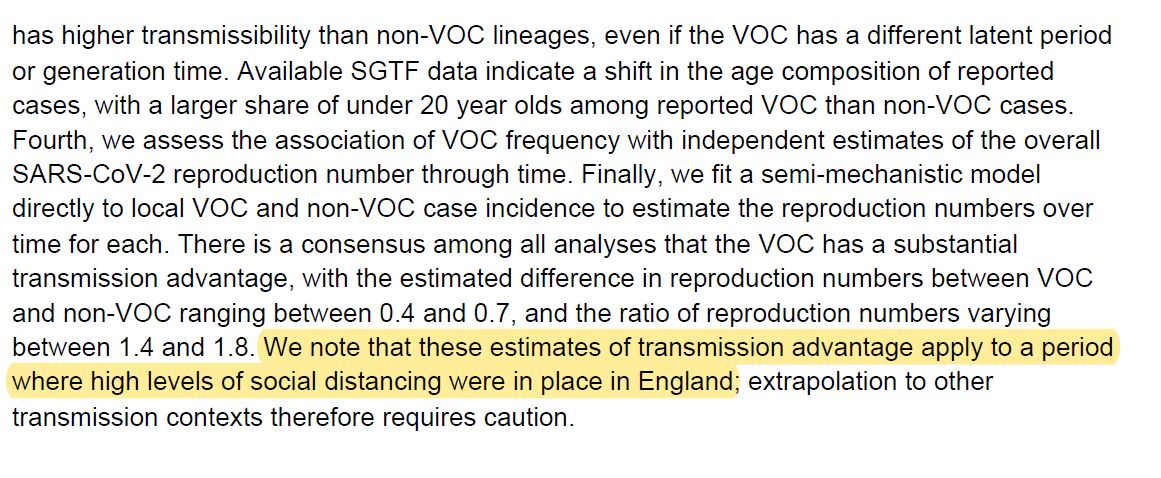
The paper then notes (given schools were open and under 20s are most infected): "A particular concern is whether it will be possible to maintain control over transmission while allowing schools to reopen in January 2021." /3

This echoes what govt science advisory SAGE cmme told ministers on Dec 22...that it was "highly unlikely" the R number can be kept below 1 (cases falling, it is currently 1.1-1.3) with schools open /4
https://t.co/yV5qcSkErJ
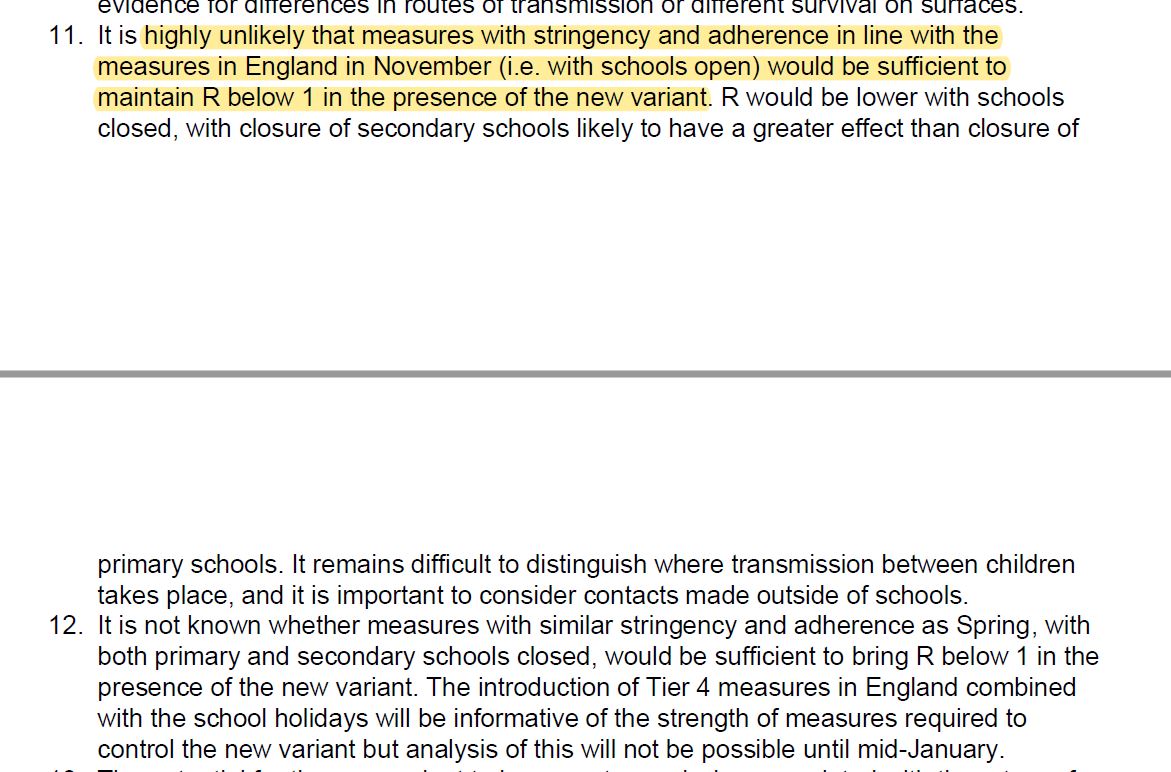
But on Dec 30 Gavin Williamson announce primaries would go back, and secondary schools would have staggered return while testing regime (lateral flow, not that sensitive) was set up - see statement here
First the @imperialcollege paper, which finds that the new variant is still being ultra-infectious despite November lockdowns - link here, but cases of new variant trebled in SEast, even under lockdown /2
https://t.co/fdvuVX3OkW

The paper then notes (given schools were open and under 20s are most infected): "A particular concern is whether it will be possible to maintain control over transmission while allowing schools to reopen in January 2021." /3

This echoes what govt science advisory SAGE cmme told ministers on Dec 22...that it was "highly unlikely" the R number can be kept below 1 (cases falling, it is currently 1.1-1.3) with schools open /4
https://t.co/yV5qcSkErJ

But on Dec 30 Gavin Williamson announce primaries would go back, and secondary schools would have staggered return while testing regime (lateral flow, not that sensitive) was set up - see statement here
If you're curious what Trump's defense will look like, all you have to do is turn on Fox News. My latest at @mmfa
The tl;dr is that for years right-wing media have been excusing Trump's violent rhetoric by going, "Yes, but THE DEMOCRATS..." and then bending themselves into knots to pretend that Dems were calling for violence when they very, very clearly weren't.
And in fact, this predates Trump.
In 2008, Obama was talking about not backing down in the face of an ugly campaign. He said "If they bring a knife to the fight, we bring a gun."
https://t.co/i5YaQJsKop

That quote was from the movie The Untouchables. And there's no way anybody reading that quote in good faith could conclude that he was talking about actual guns and knives. But it became a big talking point on the
In 2018, Obama-era Attorney General Eric Holder was speaking to a group of Georgia Democrats about GOP voter suppression. He riffed on Michelle Obama's "When they go low, we go high" line from the 2016 DNC.
The tl;dr is that for years right-wing media have been excusing Trump's violent rhetoric by going, "Yes, but THE DEMOCRATS..." and then bending themselves into knots to pretend that Dems were calling for violence when they very, very clearly weren't.
And in fact, this predates Trump.
In 2008, Obama was talking about not backing down in the face of an ugly campaign. He said "If they bring a knife to the fight, we bring a gun."
https://t.co/i5YaQJsKop

That quote was from the movie The Untouchables. And there's no way anybody reading that quote in good faith could conclude that he was talking about actual guns and knives. But it became a big talking point on the
In 2018, Obama-era Attorney General Eric Holder was speaking to a group of Georgia Democrats about GOP voter suppression. He riffed on Michelle Obama's "When they go low, we go high" line from the 2016 DNC.
You May Also Like
@franciscodeasis https://t.co/OuQaBRFPu7
Unfortunately the "This work includes the identification of viral sequences in bat samples, and has resulted in the isolation of three bat SARS-related coronaviruses that are now used as reagents to test therapeutics and vaccines." were BEFORE the

chimeric infectious clone grants were there.https://t.co/DAArwFkz6v is in 2017, Rs4231.
https://t.co/UgXygDjYbW is in 2016, RsSHC014 and RsWIV16.
https://t.co/krO69CsJ94 is in 2013, RsWIV1. notice that this is before the beginning of the project
starting in 2016. Also remember that they told about only 3 isolates/live viruses. RsSHC014 is a live infectious clone that is just as alive as those other "Isolates".
P.D. somehow is able to use funds that he have yet recieved yet, and send results and sequences from late 2019 back in time into 2015,2013 and 2016!
https://t.co/4wC7k1Lh54 Ref 3: Why ALL your pangolin samples were PCR negative? to avoid deep sequencing and accidentally reveal Paguma Larvata and Oryctolagus Cuniculus?
Unfortunately the "This work includes the identification of viral sequences in bat samples, and has resulted in the isolation of three bat SARS-related coronaviruses that are now used as reagents to test therapeutics and vaccines." were BEFORE the

chimeric infectious clone grants were there.https://t.co/DAArwFkz6v is in 2017, Rs4231.
https://t.co/UgXygDjYbW is in 2016, RsSHC014 and RsWIV16.
https://t.co/krO69CsJ94 is in 2013, RsWIV1. notice that this is before the beginning of the project
starting in 2016. Also remember that they told about only 3 isolates/live viruses. RsSHC014 is a live infectious clone that is just as alive as those other "Isolates".
P.D. somehow is able to use funds that he have yet recieved yet, and send results and sequences from late 2019 back in time into 2015,2013 and 2016!
https://t.co/4wC7k1Lh54 Ref 3: Why ALL your pangolin samples were PCR negative? to avoid deep sequencing and accidentally reveal Paguma Larvata and Oryctolagus Cuniculus?





